Optimal Timing for Bathtub Installations
Choosing the optimal time for bathtub installations involves considering various factors such as climate, project scope, and personal schedules. Proper planning can lead to smoother execution and better results.
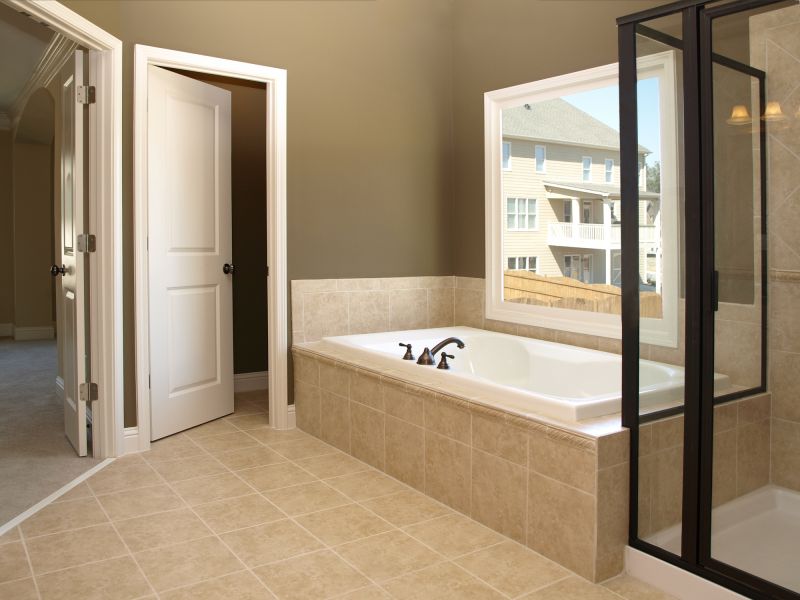
Installing during milder weather minimizes delays caused by extreme cold or heat, ensuring materials and workmanship are not compromised.
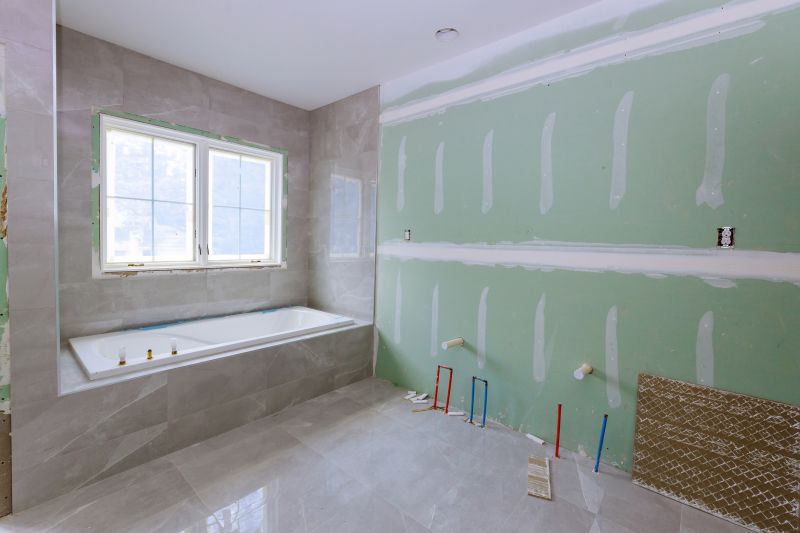
Timing the installation during periods with fewer home renovation projects can reduce scheduling conflicts and expedite completion.
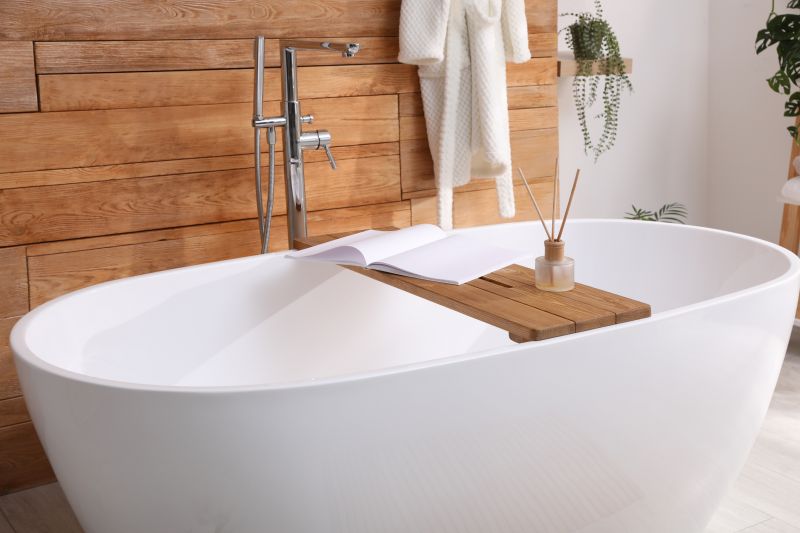
Certain times of the year may offer better access to specific materials, influencing the timing of bathtub installations.
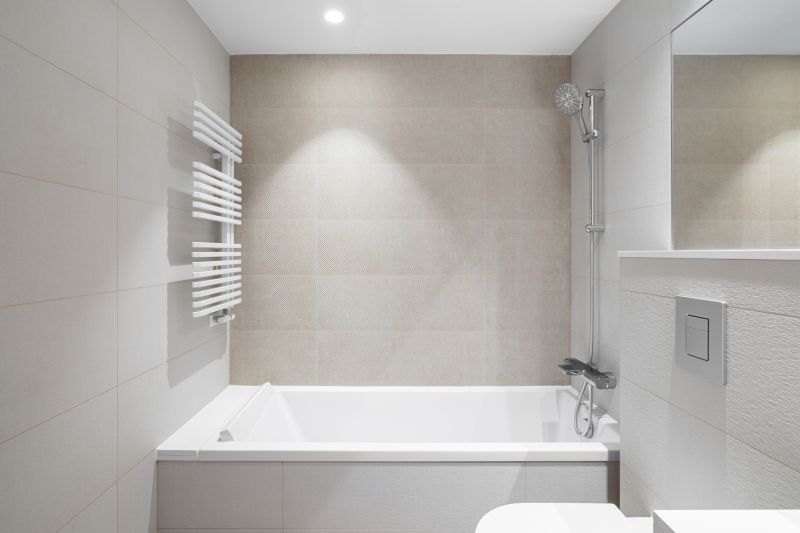
Ways to make Bathtub Installations work in tight or awkward layouts.
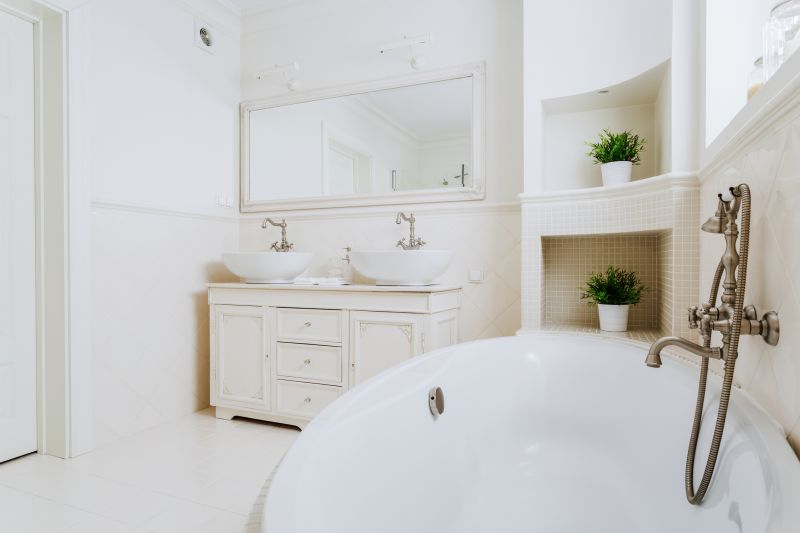
Popular materials for Bathtub Installations and why they hold up over time.
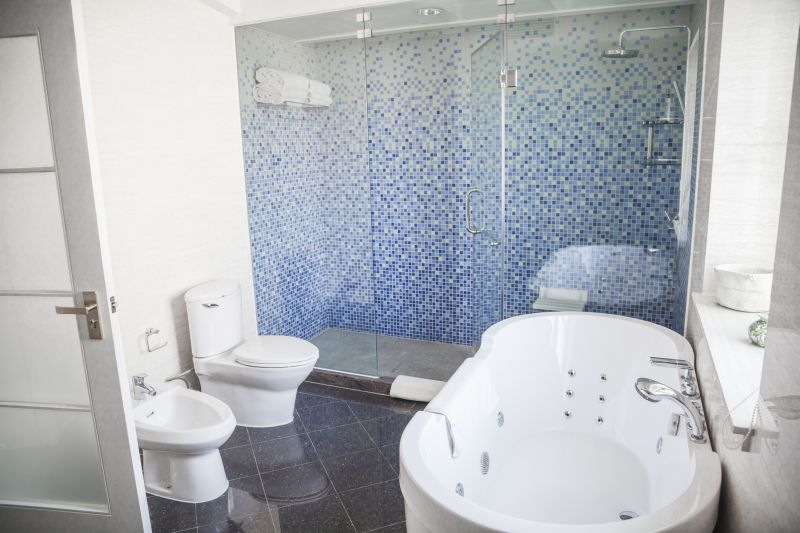
Simple add-ons that improve Bathtub Installations without blowing the budget.
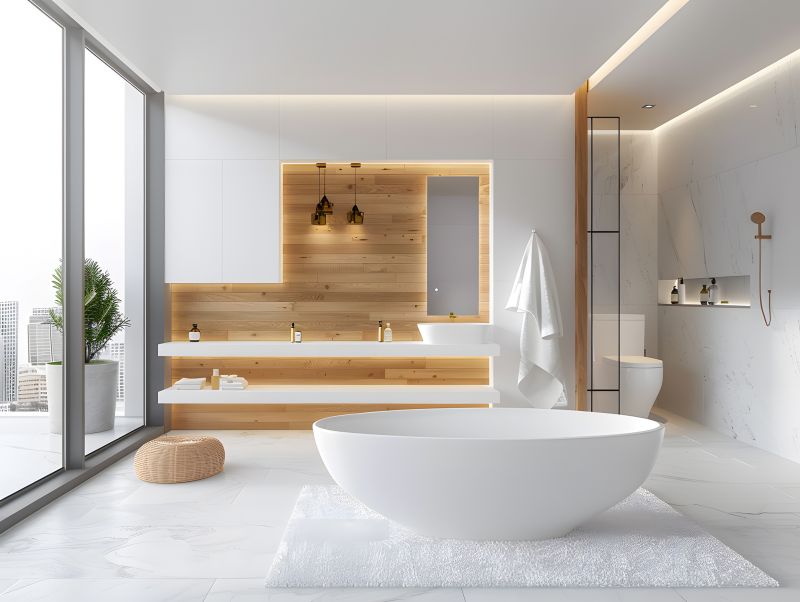
High-end options that actually feel worth it for Bathtub Installations.
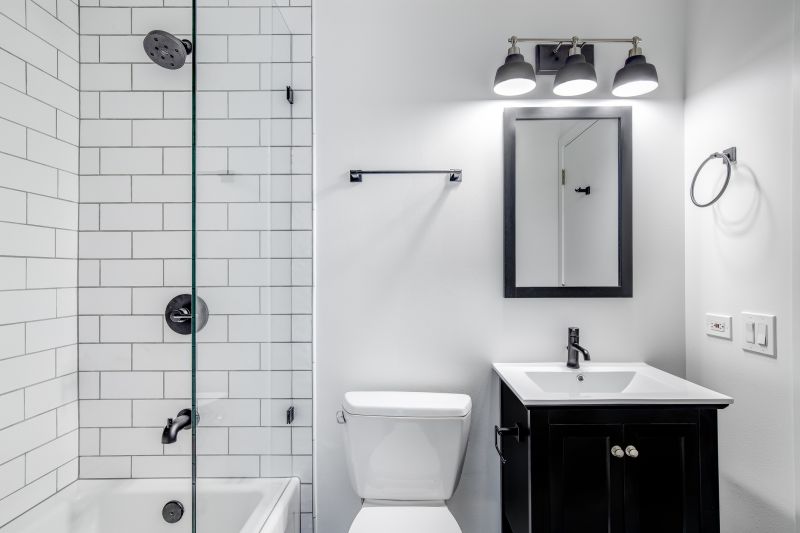
Finishes and colors that play nicely with Bathtub Installations.
Bathtub installations are a significant aspect of bathroom remodeling, impacting both functionality and aesthetics. Proper timing ensures the installation process is efficient and reduces the risk of delays or complications. The best time for installation can depend on local climate conditions, project complexity, and personal convenience. Planning ahead allows for coordination with other renovation activities and ensures materials and labor are available when needed.
Scheduling installations during optimal periods can improve workmanship quality and reduce potential disruptions.
Extreme weather can delay installation or damage materials, making milder seasons preferable.
Early planning and understanding seasonal patterns help in selecting the best time for bathtub installation.
Off-peak seasons may offer cost advantages due to lower demand for contractors and materials.
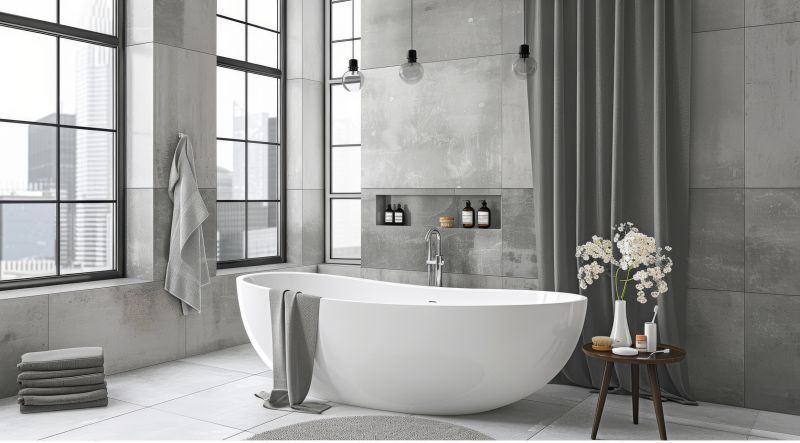
Spring offers moderate temperatures and longer daylight hours, ideal for indoor projects.
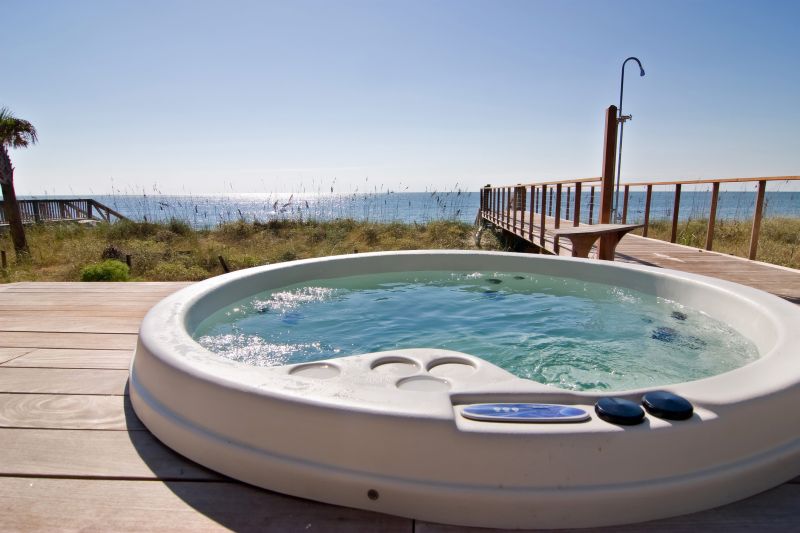
Summer can be suitable for quick projects, especially in dry, warm weather.
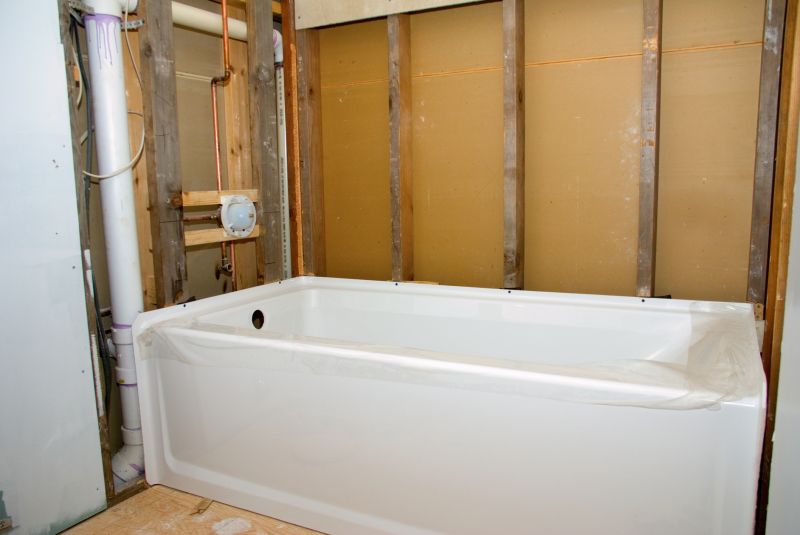
Fall provides cooler temperatures and less competition for contractor schedules.
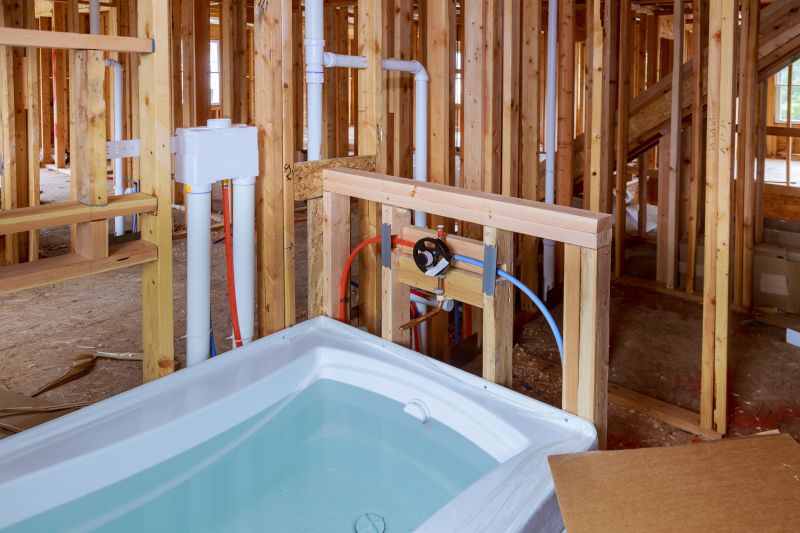
Winter may pose challenges due to cold temperatures and potential weather-related delays.
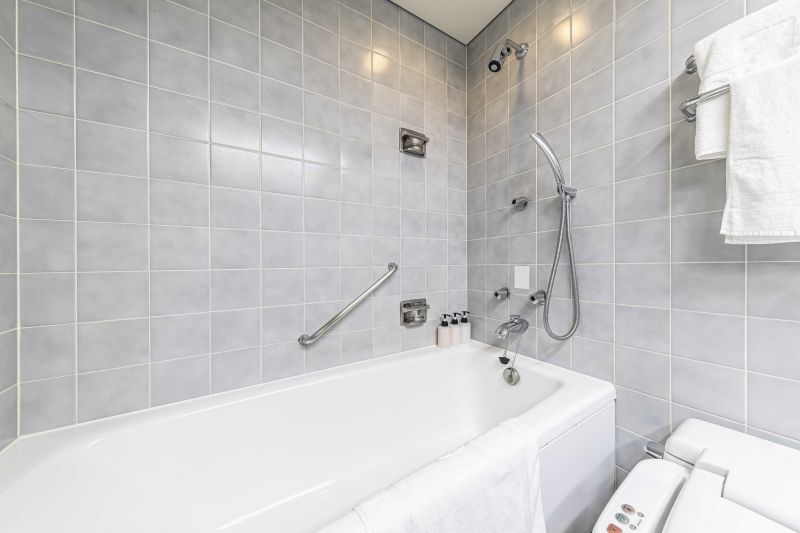
Little measurements that prevent headaches on Bathtub Installations day.
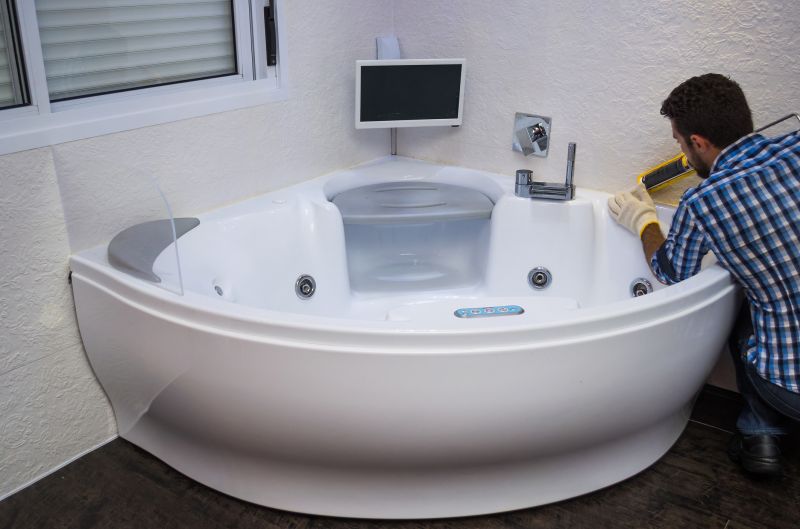
A 60-second routine that keeps Bathtub Installations looking new.
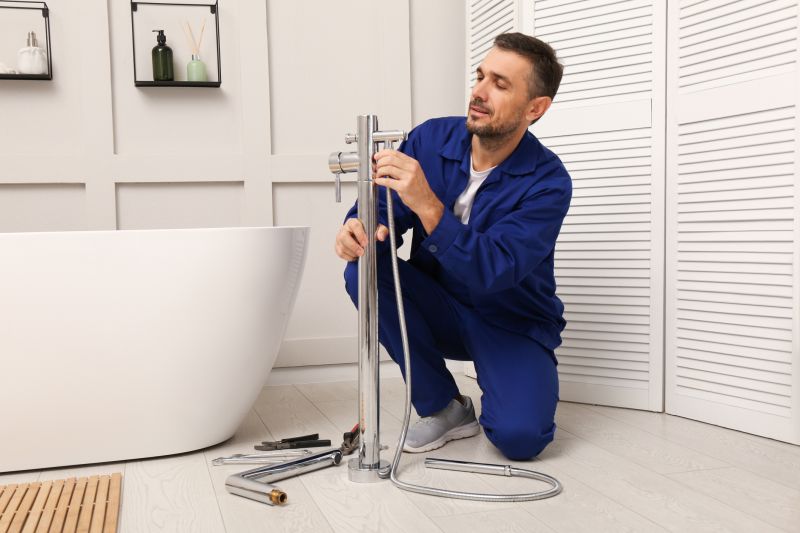
A frequent mistake in Bathtub Installations and how to dodge it.
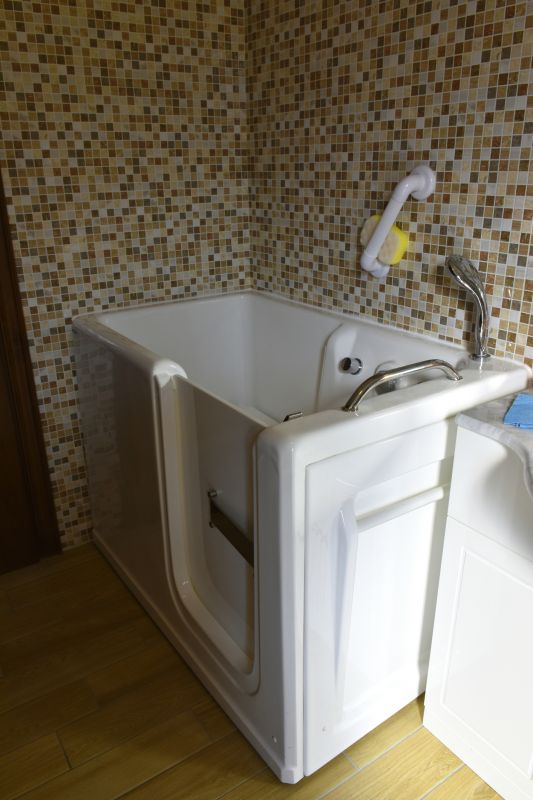
Small tweaks to make Bathtub Installations safer and easier to use.
| Season | Advantages |
|---|---|
| Spring | Moderate weather, longer days, good for indoor work |
| Summer | Dry weather, quick completion, good for outdoor prep |
| Fall | Less competition for contractors, cooler temperatures |
| Winter | Potential delays, cold temperatures, less optimal |
Understanding the seasonal factors influencing bathtub installation can help in planning effectively. While spring and fall generally offer favorable conditions, summer may be suitable for rapid projects, and winter might require additional precautions due to weather constraints. Proper timing ensures the longevity and quality of the installation, making it a crucial aspect of bathroom renovation planning.
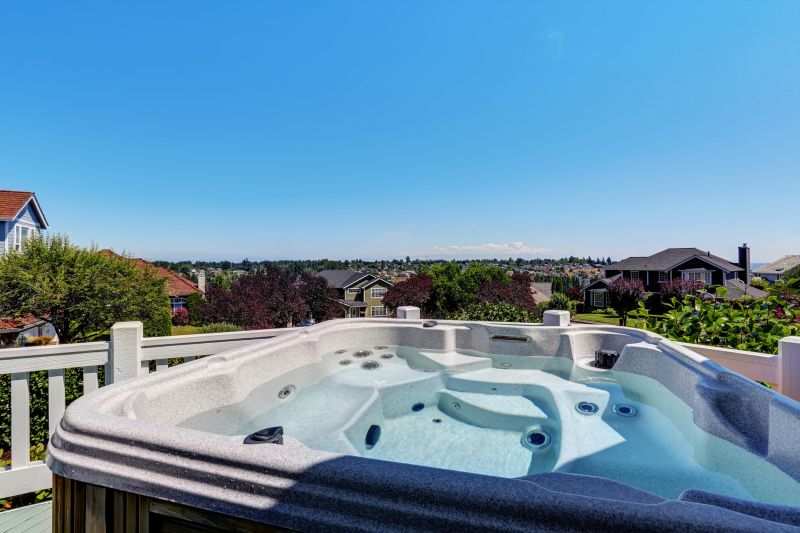
Mild weather ensures indoor work is not disrupted by extreme cold or heat.
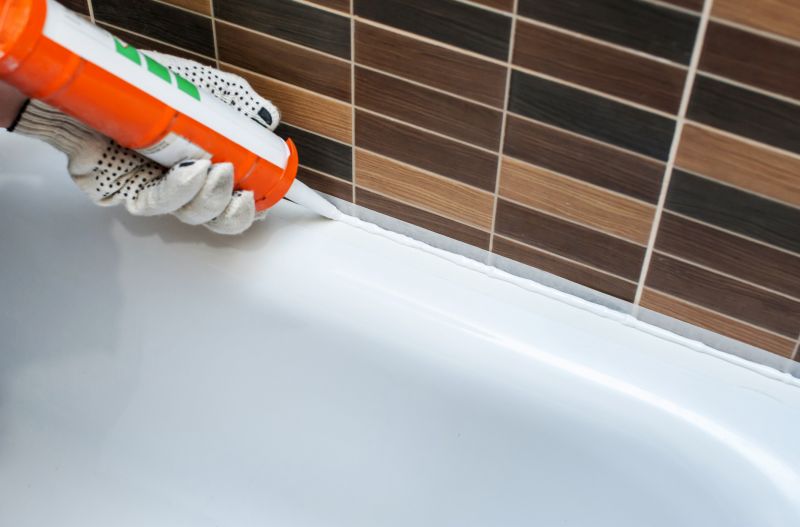
Scheduling during less busy seasons reduces the risk of delays caused by contractor availability.
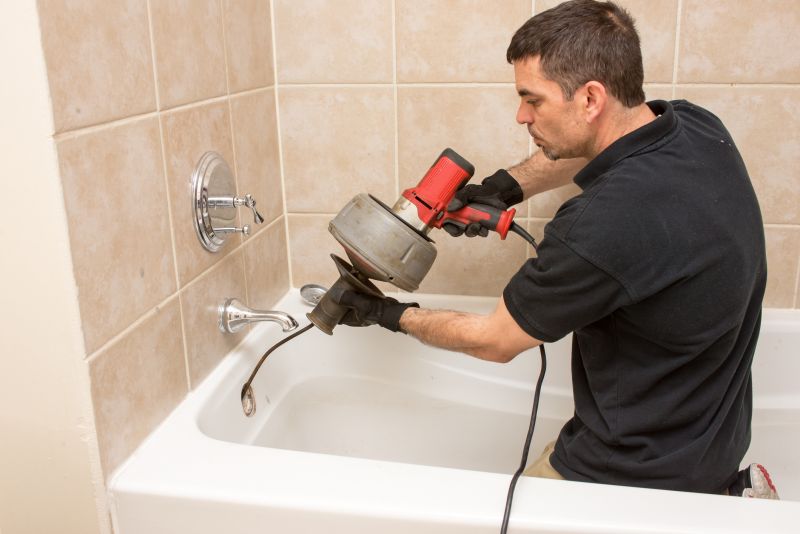
Proper timing allows for better storage and handling of materials before installation.
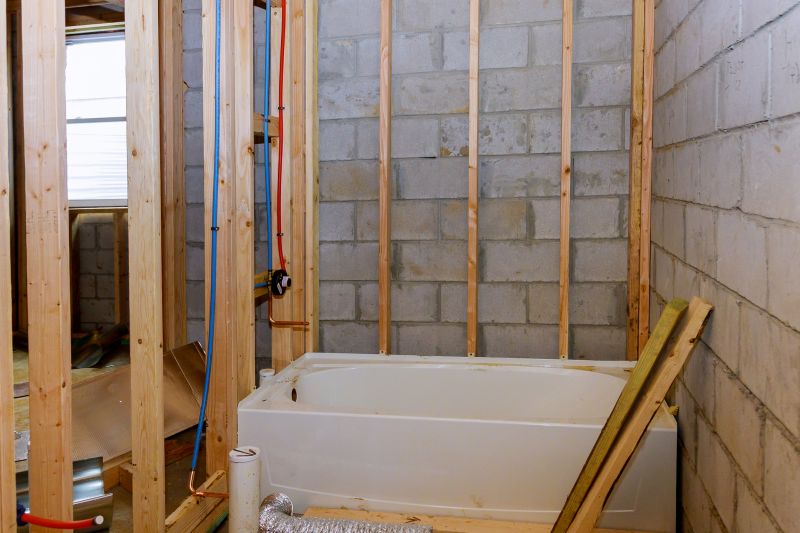
Planning around seasonal patterns contributes to timely project completion.
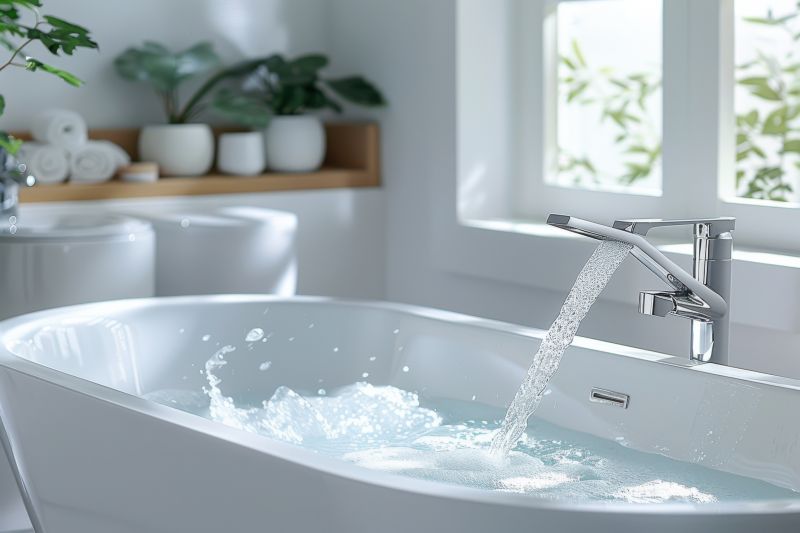
Lower-waste or water-saving choices for Bathtub Installations.
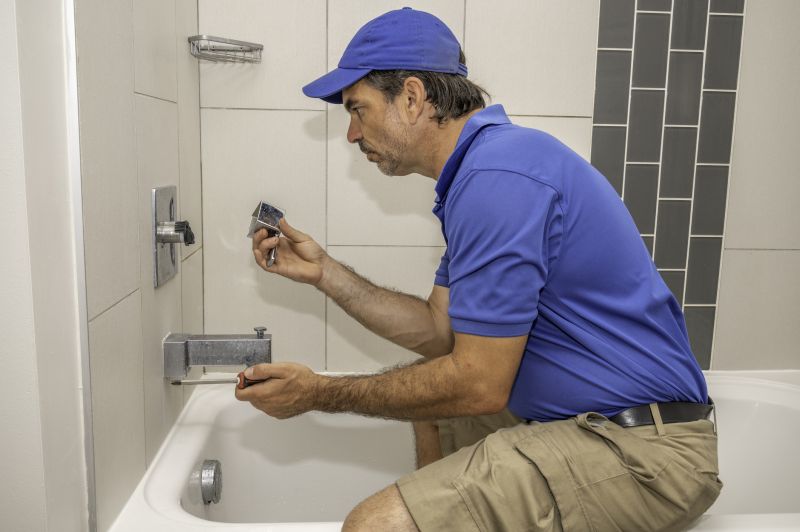
The short, realistic tool list for quality Bathtub Installations.
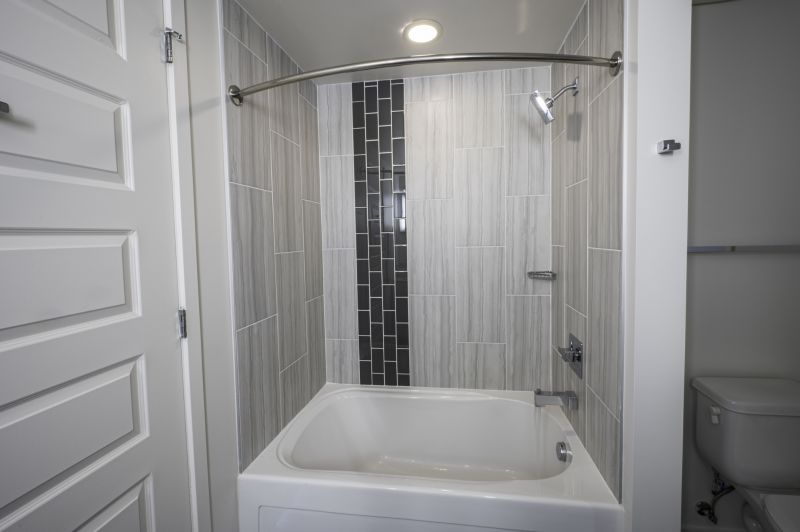
Rough timing from prep to clean-up for Bathtub Installations.
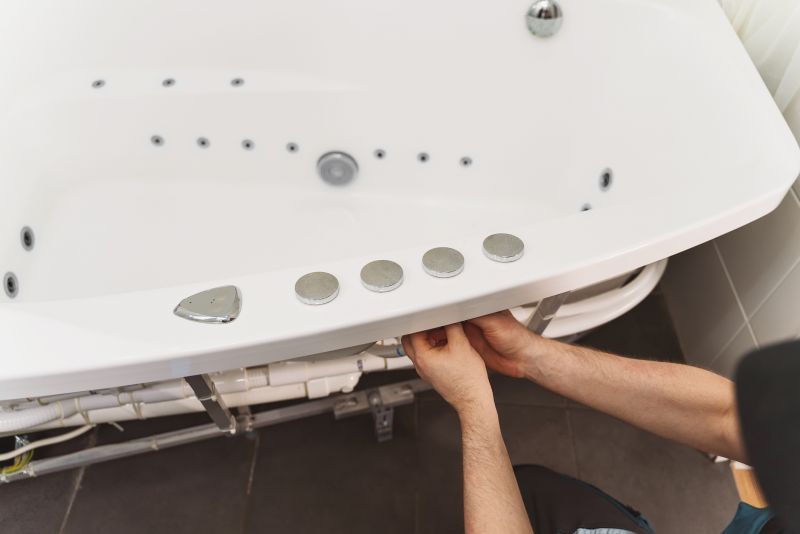
Quick checks and paperwork to keep after Bathtub Installations.
Interested in scheduling a bathtub installation? Filling out the contact form can help determine the best timing based on specific project details and local conditions. Proper planning can lead to a successful and timely bathroom upgrade.




